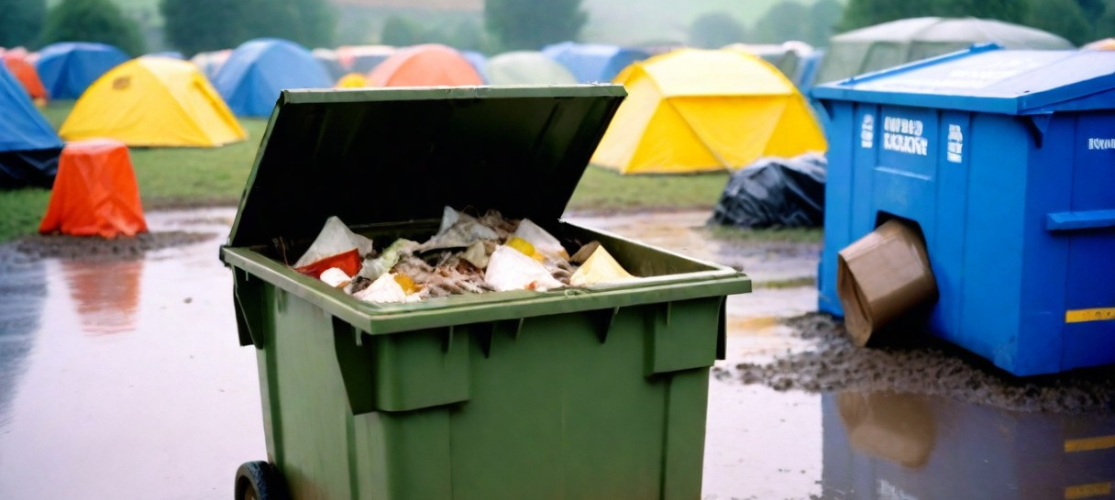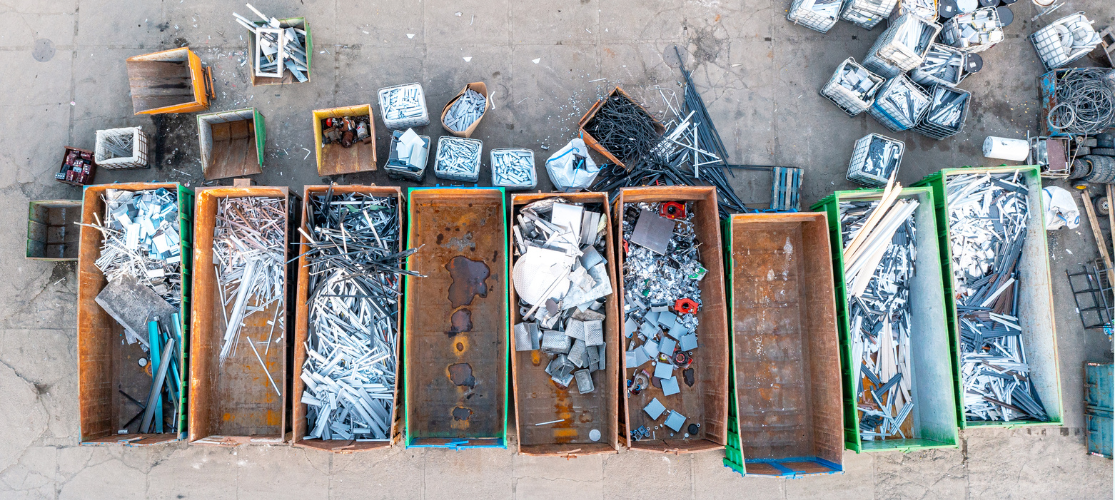If you’re looking to get rid of a large amount of waste, perhaps from a house clearout or a renovation project, a skip is one of the most effective ways of doing so. However, if you have never hired a skip before, you may be unaware of some of the rules and regulations. Luckily, EJ Shanley are here to help with a handy guide on how to hire a skip in the UK. Let’s jump in!
Skip Placement
One of the first things that you need to think about when hiring a skip is its placement. For example, if you will be keeping your skip on a public road, you need to apply for a skip licence. You may also need to obtain safety lights, traffic cones or markings as a safety measure, especially if the skip will be located on the road overnight. Here at EJ Shanley, we apply for the skip licence for you, and supply the lights, cones and signs that may be required under the terms and conditions of the licence being granted.
As well as having a skip licence if it’s placed on a road, you also need to ensure that your skip isn’t parked on yellow lines, restricting access to driveways, or blocking any utility access. You also need to make sure that skips are placed more than 15 metres away from junctions.
Fly tipping
Unfortunately, an issue that you may face regardless of where you put your skip is fly tipping. Fly tipping is the illegal practice of disposing of waste or unwanted materials in unauthorised locations, such as public spaces, roadsides, private properties and skips that aren’t yours.
In 2021-22, local authorities dealt with 1.09 million incidents of fly-tipping in England, costing the UK economy £10.7 million in clearance.
You are legally responsible for the waste that is in your skip, which is why fly tipping can cause an issue for you. Fly tipping is dangerous, as you don’t know exactly what has been thrown into your skip. Fly tipping can also cause your skip to be overfilled, causing hazards for pedestrians or vehicles that pass by.
To address this problem, it is advisable to consider using a cover for your skip when it’s kept on-site overnight. Alternatively, you could explore the option of investing in a closed skip, with a lock.
We also have an easy-to-follow guide for how to load your skip correctly to ensure the safety of those around it.
Restricted waste
Whilst skips are an excellent way to dispose of rubbish such as garden waste, rubble and household items, there are items that you are not allowed to put in your skip. Updated waste regulations were introduced March 2011 by the UK Government, and must be followed by both business and domestic uses of skip. These prohibited items include:
- Aerosols
- Asbestos
- Tyres
- Batteries
- Medical waste
- Hazardous waste
- Toxic materials
- Explosives
- Liquids and paint
- Perishable waste
- Fire extinguishers
- Fire-damaged waste
- Cement sheets
- General household appliances
This list is by no means exhaustive, so get in contact with us if you have something that you are unsure whether you can put in your skip or not. If there are prohibited items in your skip, skip companies will refuse to take it and, in some cases, you can even face legal action if anything harmful is placed in your skip.
How EJ Shanley can help
At EJ Shanley, we have a range of different sized skips, depending on your requirements. We can offer help and advice surrounding the rules of skip hire, and even have a handy guide on avoiding common skip mistakes that you can follow!
If you aren’t convinced that you need a skip, we have a varied offering of other waste management services that can be used to dispose of your rubbish.
Get in touch with us today to find a solution that works for you.


